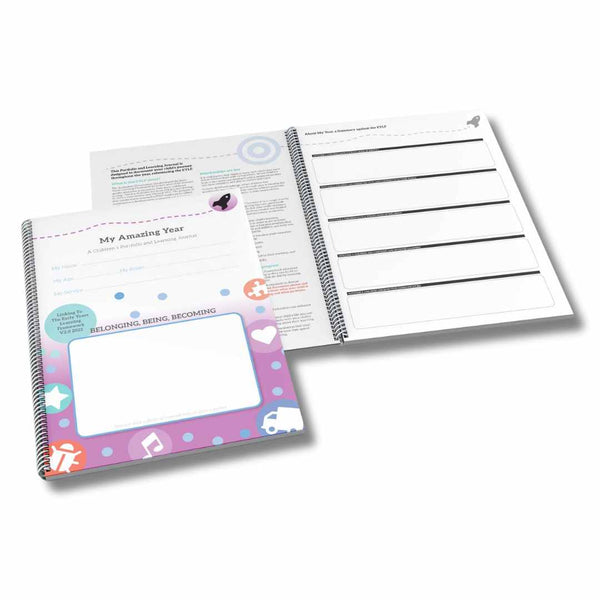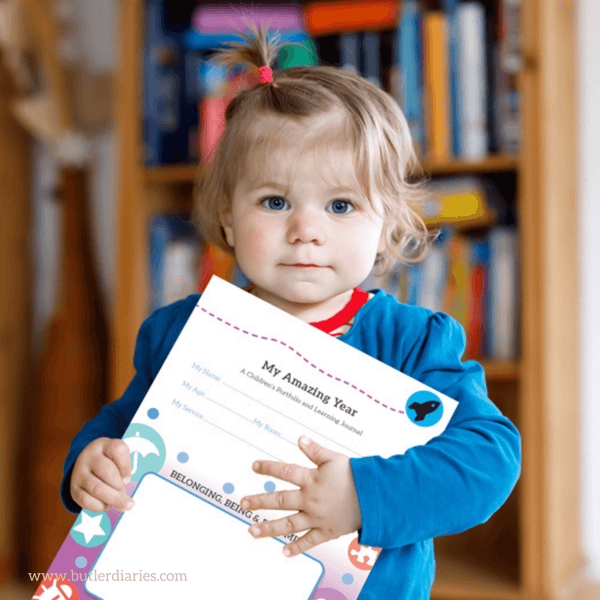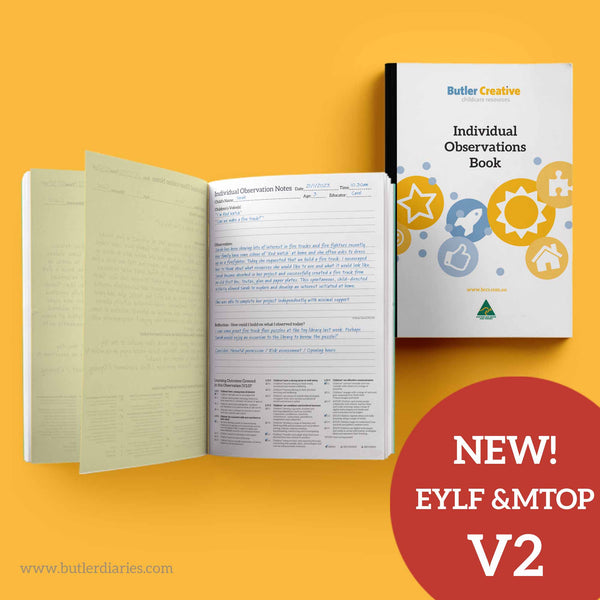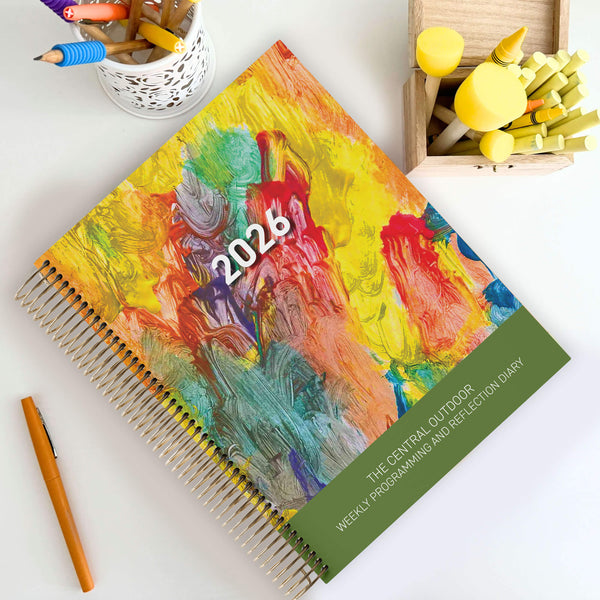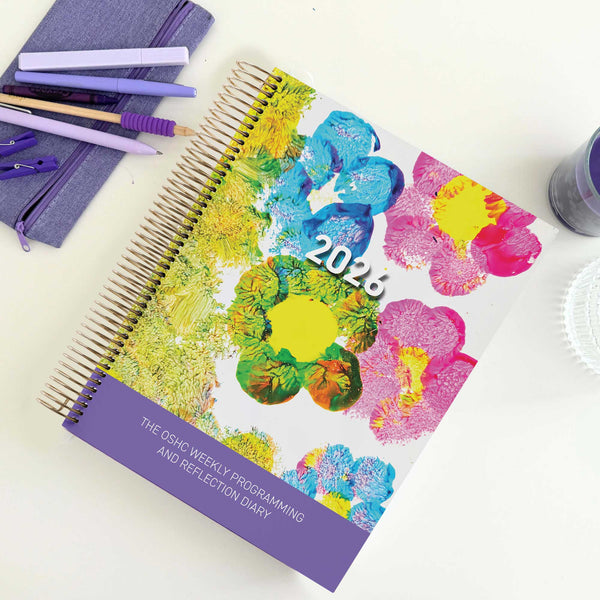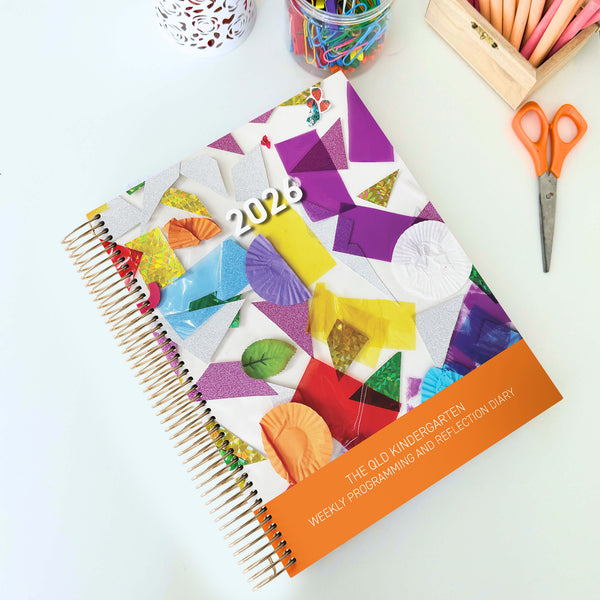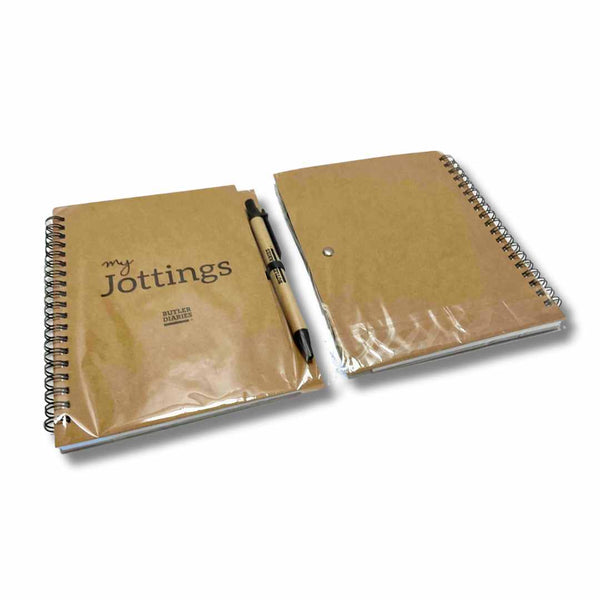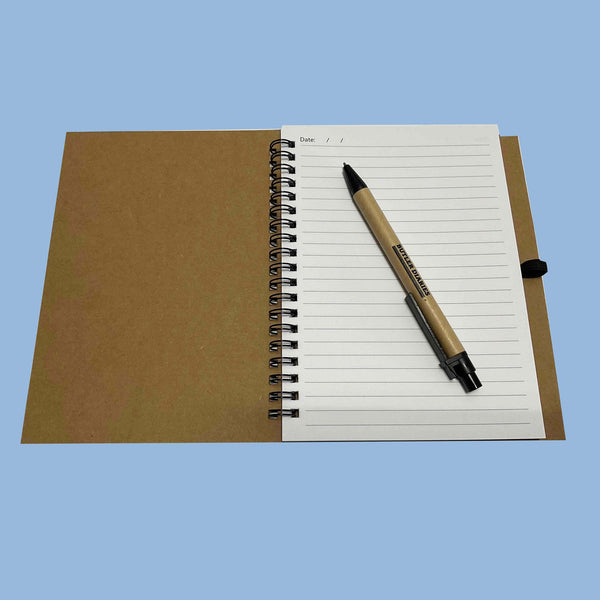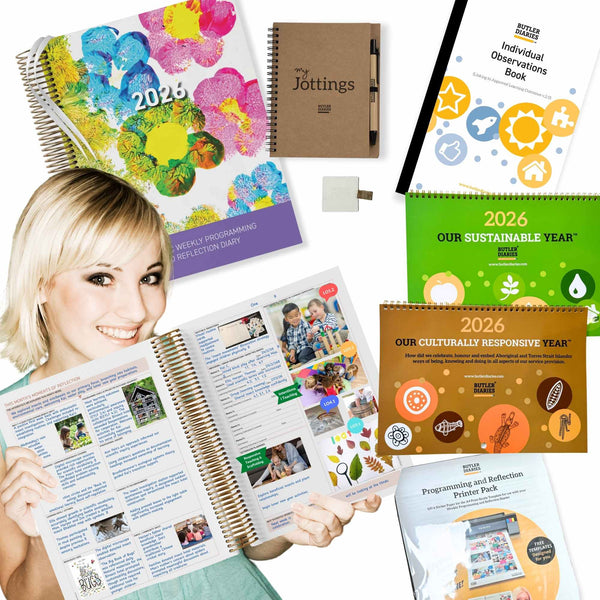As an educator in an early learning centre, you have the opportunity to impact the lives of young children and help shape their future. You are not just a teacher, but also a caregiver and role model for these children. With this great responsibility comes the need for critical reflection on your practice.
Reflecting on your practice means taking time to critically examine your actions, thoughts, and feelings about your work with children. This process can help you identify areas where you can improve, as well as areas where you are doing well.
Critical Reflection and NQS
The National Quality Standard (NQS) is a framework that guides and assesses the quality of education and care services across Australia. One of the themes of the NQS is "Practice is informed by critical reflection," NQS recognises that continuous improvement requires a commitment to ongoing critical reflection and professional growth. By engaging in critical reflection, educators can identify areas where they are excelling and areas where they need to improve, and develop strategies to enhance the quality of their practice. This process can help early learning centres exceed the expectations set out in the NQS and provide the best possible outcomes for children.
Where and When to Record your Critical Reflection
Recording your critical reflections is an important part of meeting the requirements of the NQS. This documentation can help educators track their progress, identify areas for improvement, and develop strategies to enhance their practice. It's important to set aside dedicated time for critical reflection. This might be at the end of each day or week, or after a particular activity or event. By establishing a regular routine for reflection and documentation, educators can ensure that their practice is continually evolving and improving, and that they are meeting the expectations set out in the NQS.
Our Reflection spread in our Weekly Programming and Reflection Diary is designed to capture your reflections under helpful prompts and titles. This keeps your reflections organised and easy to revisit for Assessment and Rating.

Critical Reflection Prompts for Educators
Here are some critical reflection points for educators in early learning centres to consider:
-
Am I creating a safe and inclusive environment for all children? As an educator, it's essential to ensure that every child feels welcome and included in the classroom. This means celebrating diversity and creating an environment where all children feel safe to express themselves.
-
Am I providing engaging and developmentally appropriate activities? Early childhood is a critical time for learning, and it's important to provide activities that promote children's physical, cognitive, and social-emotional development. Consider whether your activities are challenging enough for children, or if they need to be adjusted to meet the needs of different learners. Learn more about the developmental milestones and it's links with EYLF and NQS in this article.
-
Am I building positive relationships with children and their families? Building strong relationships with both children and their families is essential in early childhood education. It's important to communicate regularly with families, and to build trust and respect with them. This can help foster a supportive and collaborative learning environment.
-
Am I staying up-to-date on best practices and research in early childhood education? The field of early childhood education is constantly evolving, and it's essential to stay current with the latest research and best practices. Consider attending professional development opportunities, reading articles and books, and collaborating with colleagues to stay informed.
-
Am I taking care of myself? As an educator, it's easy to get caught up in the demands of the job and neglect your own needs. It's important to prioritise self-care and ensure that you are taking care of yourself physically, emotionally, and mentally. This can help prevent burnout and promote overall well-being.

Remember
Critical reflection is an ongoing process that can help you become a more effective educator. By regularly examining your practice, you can identify areas where you can improve, and celebrate the successes you have achieved. Reflecting without using what you've discovered to improve your practice is not critical reflection. Remember that early childhood education is a critical time in a child's life, and your work as an educator can have a profound impact on their development and future success.
Want more direction on critical reflection and how to critically reflect in your Weekly Programming and Reflection Diary? Check out this article.








